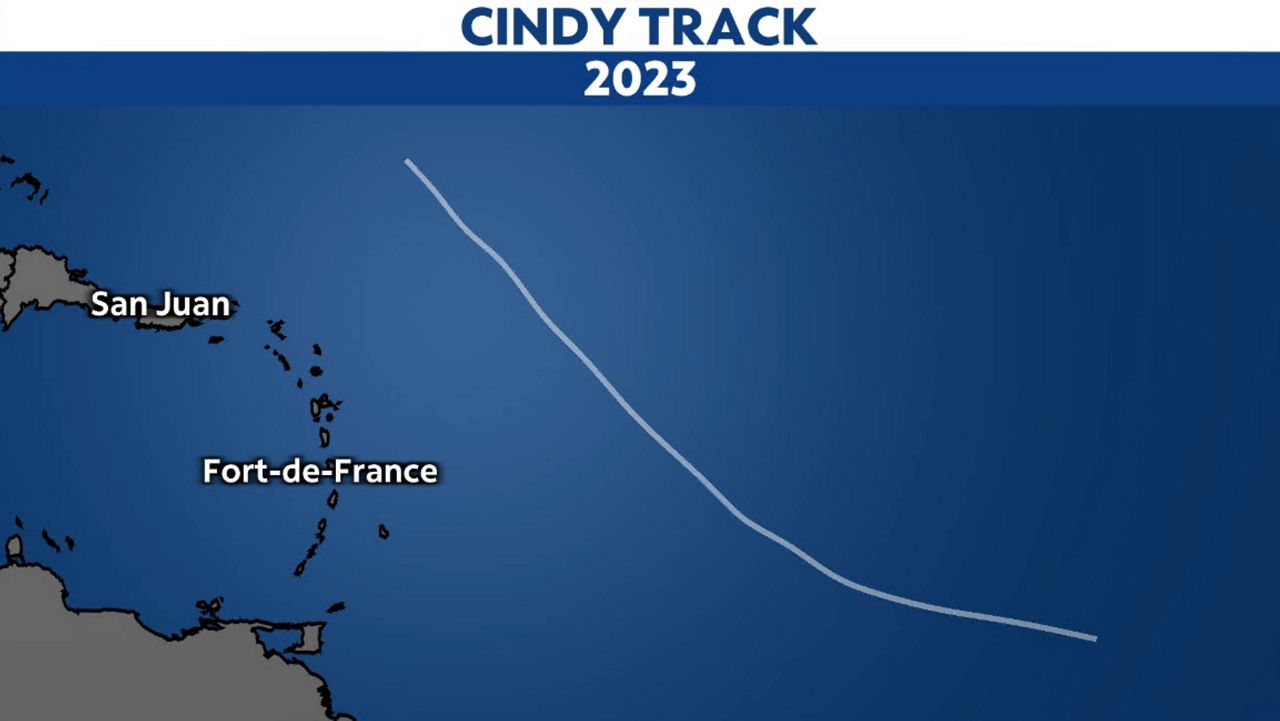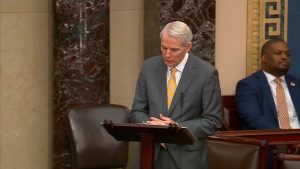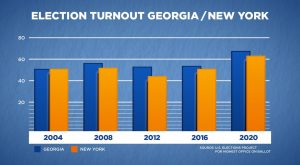OHIO — The Ohio Legislature is expected to vote on its next biennium budget soon. Economists looking closely at the numbers said there are stark differences.
What You Need To Know
- The Ohio House is putting almost 3.5 times as much money into traditional public schools
- The Ohio Senate is putting about 1.2 times as much money as they are into vouchers
- Funding the formula will be key for rural districts since there aren’t a lot of private schools in those areas and “they don’t get a benefit from vouchers”
One of the biggest items in that financial plan is the funding of K-12 education in the state.
Dr. Howard Fleeter, economist and consultant for the Ohio Education Policy Institute, dug into current proposed budgets on the House and Senate side, and highlighted the biggest differences between the versions of the budget.
“The House is going to put over $1.5 billion into traditional public schools that educate more than 80% of the students in the state and about $445 million more into vouchers. In contrast, the Senate is putting $979 million more into the K-12 schools and $817 million into vouchers. So, the House is putting almost 3.5 times as much money into traditional public schools and the Senate is putting about 1.2 times as much money as they are into vouchers. That’s a very significant difference,” Fleeter said.
When asked if Ohio was poised to handle either outcome of the proposed budgets when it comes to education for the future, Fleeter quickly acknowledged that it depends on which budget the state ends up with at the end.
Still, he said, the House puts more money into the funding formula and funds the next two years of that phase. While the Senate agreed about updating the data behind the fair school funding formula, “they changed the state and local share so that the local share that districts are expected to contribute goes up and the state share goes down,” Fleeter said.
Ultimately, Fleeter believes that could have a significant impact later down the road for property taxpayers.
Looking to the future, Fleeter said it will be important to fund the formula, especially for the sake of rural districts.
“There aren’t a lot of private schools there. They don’t get a benefit from vouchers,” he said.
While concerns have been raised about whether legislators will meet the deadline to pass a budget at the end of the month, lawmakers will be back in session to try and make a deal before that deadline comes this week.




